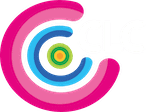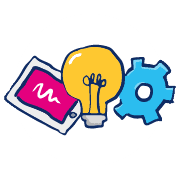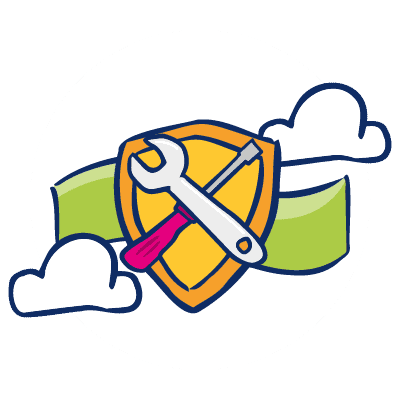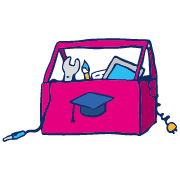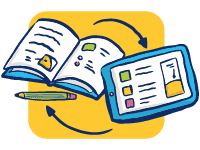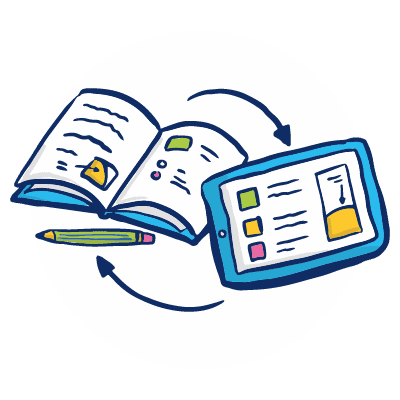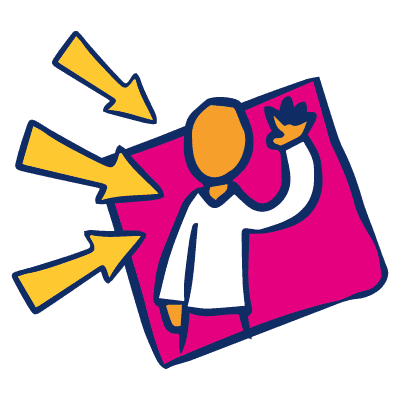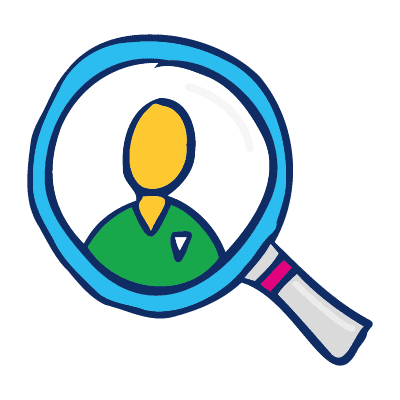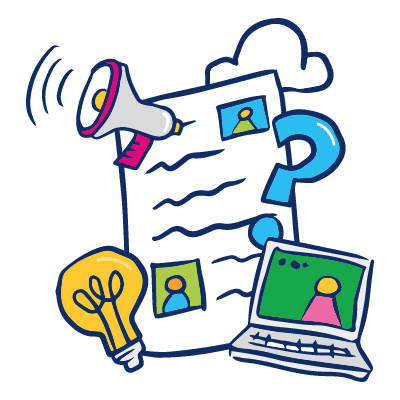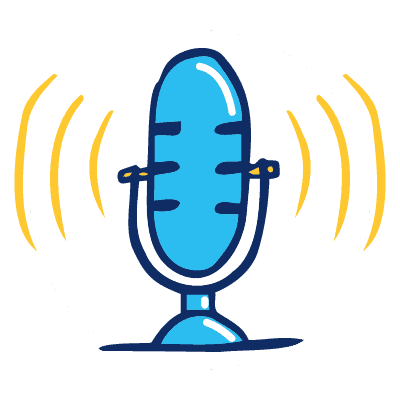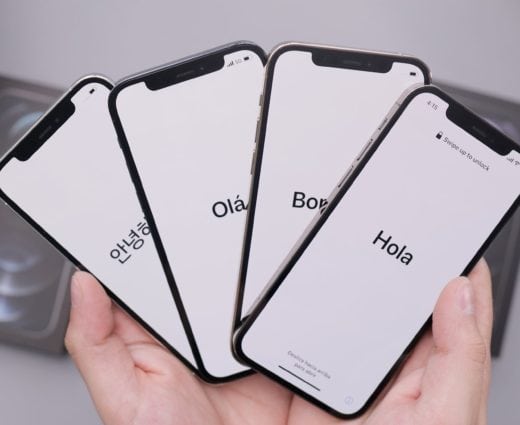In our Erasmus+ Empower2Learn project (with partner education organisations in Belgium, the Netherlands and Sweden) we’ve been looking at tools, platforms and online systems through this personalised learning lens. In the project toolkit we’ve created for teachers we organised them into four different ‘directions’:
- tools which can be used in any lesson (many of our regular CLC favourites fit here - Padlet, Jamboard, Kahoot, Mentimeter, among many more)
- subject-specific apps and platforms (which may feature adaptive learning or AI – for adult language learning the popular Memrise and Duolingo fit in this category)
- portfolio systems for instance SeeSaw
- broader whole-school platforms or systems (such as Google Classroom or Microsoft 365
What is personalised learning?
Like many terms in education it means different things to different people (and there is an extensive academic background, part of which we’ve surveyed within our E2L project). We explored participants’ different perceptions using a Mentimeter live word cloud in this term’s subject forum.
Here’s the working definition that we’ve agreed in the E2L project for personalised learning:
“Learning that empowers students to become active in their learning pathways and tailors their learning activities to meet their needs, abilities and interests”
Drawing on the academic research, we can identify some specific dimensions:
- Objectives (learning goals)
- Personal characteristics
- Type of learning
- What is being personalised?
- Who/what is doing the personalisation?
- How is the personalisation carried out?
- Impact / beneficiaries?
In the forum we also considered key points from a recent report on modern foreign languages teaching from the British Council and an Ofsted blog from this year. One of those key points is that it’s important to realise that learning languages at primary level isn’t simply about acquiring vocabulary.
Apps such as Kahoot sometimes get a bad name if only used repetitively to drill vocabulary. However, the facility to read text in a variety of languages, embed clips or audio judiciously and use not just multiple choice format but, for example, puzzle or word cloud options mean that they can be used more appropriately. With Kahoot, self paced learning for pupils set up by the teacher is also possible.
